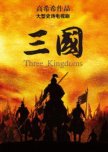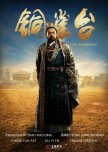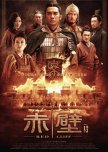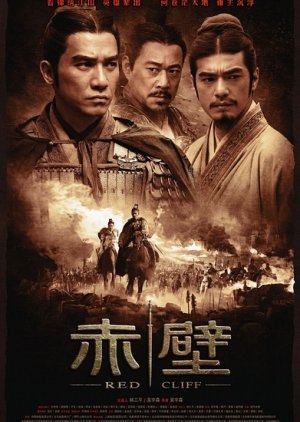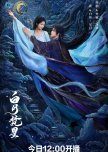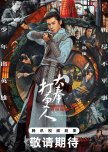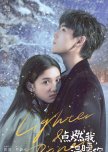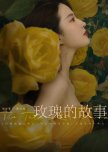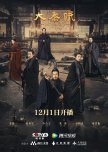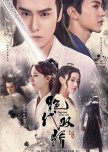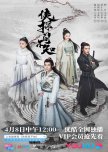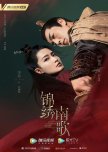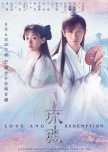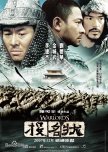
Both are epic Chinese war movies about war between warlords. Both movies star Takeshi Kaneshiro & Andy lau. Both movies are very similar........................
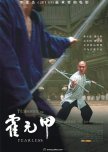
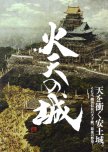


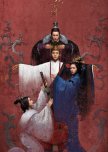
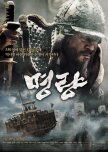
Somewhat similar to "The Admiral:Roaring Currents" in the sense of unequaled strategy and bravery. Excellent filming. "Red Cliff" has two parts which need to be seen in order (Red Cliff 1 and Red Cliff 2). It has been called John Woo's masterpiece and you can only agree with that once you have seen it --there will be no doubt! I was so impressed and so thankful that there was a part two. It did take a few minutes to understand what was happening in the beginning, but then you become glued to your screen. The storyline, acting, cinematography, music--I still can't stop thinking about "Red Cliff." You will know what I mean after you see it.

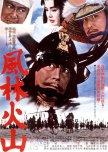
Both are epic war movies set in respective warring States, three kingdoms period of respective both East Asian countries.......... Both movies are about a brave warlord with grand ambition of ultimately defeating other warlords, unifying the country & his great wise general, strategist, building strategy based on movement, tactics of animals, birds.................. Both movies are about alliance & betrayals for power................. Both movies are very similar........ Both wars begin because a warlord's desire for a princess of his rival........ Yamato Kansuke is like Japanese reincarnation/counterpart of Zhuge Liang, but rather ill-fated, unfortunate..............................
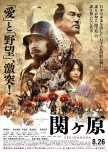
Both are epic movies about epic wars that determine the fate of the country during warring States of both countries. In Both movies, a noble lady of a warlord psychologically stalls, defeats opponent/rival warlord using simple tea ceremony. Both movies are about two of greatest East Asian ambitious brave wise virtuous military generals, strategists.
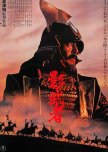
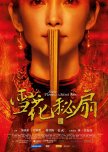
In nineteenth century China, two girls named Snow Flower and Lily are forever bonded together as sworn sisters. They are paired as laotong by a matchmaker who is also responsible for arranging their marriages. They are isolated by their families and communicate by writing in a secret sisterly language, Nü shu (a historical practice in China in that period) on a unique Chinese fan that Snow Flower possesses. In the present day Shanghai, their descendants Sophia Liao and Nina Wei struggle with the intimacy of their own pure and intense childhood friendship. As teenagers, Sophia and Nina were introduced to the idea of laotong, and they signed a traditional laotong contract on the cover of Canto-pop Faye Wong's album Fu Zao (Restless in English). Eventually they are separated but come together again when Sophia falls into a coma after being struck by a taxi while cycling. Reunited at long last, they must come to understand the story of the strong and close ancestral connection hidden from them in the folds of the antique white silk fan or lose one another forever in the process.
